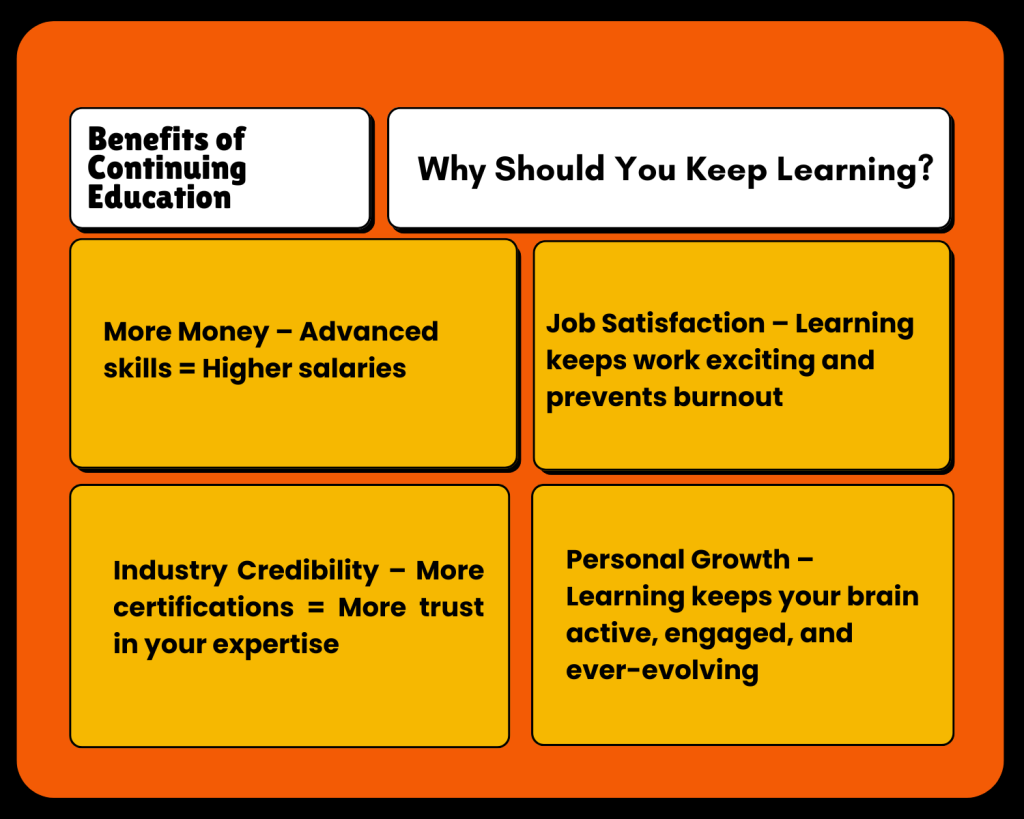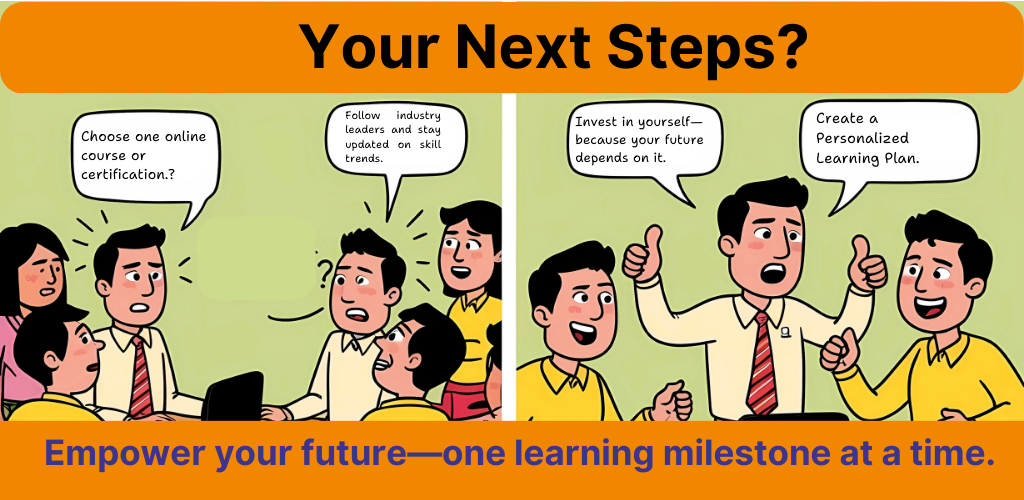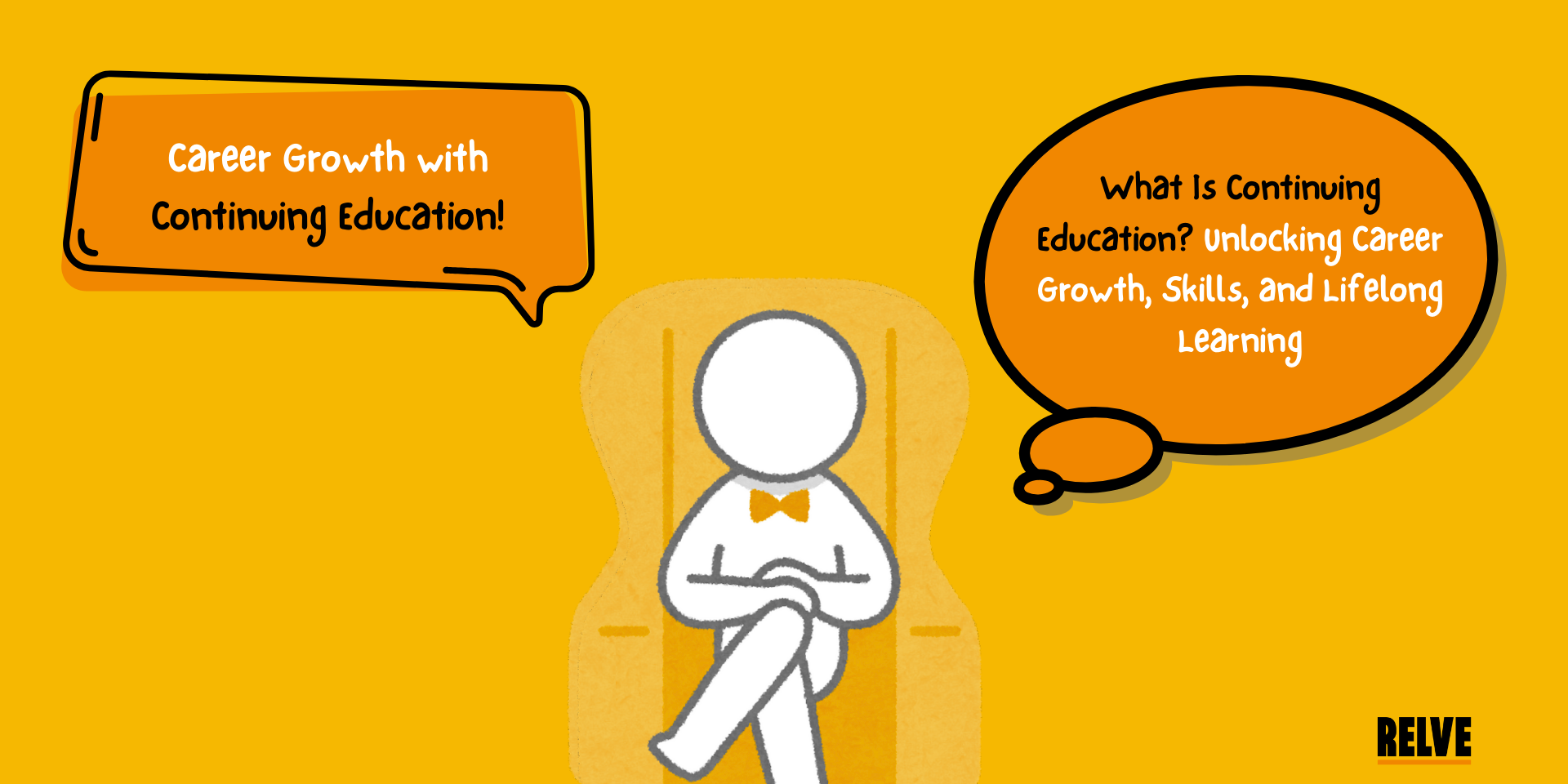You’re at work, comfortably sipping your coffee, feeling like you’ve mastered your role. You’ve got years of experience under your belt, and nothing can shake you. Then—boom. A new software update rolls out, and suddenly, your go-to system looks like a spaceship control panel. In that moment, you realize the importance of staying ahead, and you start asking yourself—What is continuing education, and how can it help me keep up?
Or maybe you’ve been in the same position for years, eyeing that promotion, but every time you apply, the job posting lists skills you don’t have. You start questioning: Am I falling behind? This is where continuing education steps in—not as a burden, but as your secret weapon for staying relevant, adaptable, and ahead of the game.
So, what is continuing education exactly? Simply put, it’s learning beyond traditional schooling to enhance skills, advance careers, and stay competitive in a fast-changing world. Whether through online courses, professional certifications, or industry workshops, continuing education ensures you’re always growing—not just professionally, but personally too.
1. What Is Continuing Education?
At its core, continuing education refers to any learning pursued after formal education ends. It doesn’t necessarily mean returning to school for another degree (although that’s an option!). It can take many forms: certifications, online courses, skill-based workshops, industry seminars, or self-paced study.
Types of Continuing Education:
- Professional certifications
- Workshops & bootcamps
- Online courses & MOOCs
- Advanced degrees
- Corporate learning programs
This means that your degree isn’t the final destination—it’s just the starting line. The world is shifting toward micro-credentials, industry-recognized certificates, and skill-based hiring—so the more you learn, the more doors you open.
2. Why Is Continuing Education Important? The Fast Lane to Career Growth
Let’s get one thing straight: staying in the same place isn’t an option anymore. If you’re not actively growing your skill set, you might be unknowingly moving backward.
Why Should You Care?
- Stay Competitive – Industries are evolving, and keeping up is non-negotiable. If your skills are outdated, so is your career.
- Increase Earning Potential – Professionals with advanced skills and certifications consistently earn more than their counterparts.
- Future-Proof Your Career – Automation and AI are here. Keeping your skills sharp ensures job security in a changing market.
- Career Transition Made Easier – If you’re switching industries, learning new skills is your best bet.
- Boost Personal Growth – Lifelong learning enhances confidence, adaptability, and cognitive flexibility.
The best investment you can make is an investment in yourself.
Gautam Baid, The Joys of Compounding
Investing in learning isn’t just about getting ahead at work—it’s about building a richer, more fulfilling life. And trust me, your future self will thank you for it.
3. What Is a CEU?
Ever come across CEU and thought, what on earth is that?
CEU stands for Continuing Education Unit, a standardized measurement used to track professional learning. Each 1 CEU equals 10 hours of instruction and is required for maintaining licenses in fields like medicine, law, accounting, and IT.
Fields That Require CEUs:
- Healthcare (Doctors, nurses, therapists)
- Finance & Accounting (CPAs, financial planners)
- Education (Teachers, professors)
- Engineering & IT (Cybersecurity, AI, cloud computing)
Moral of the Story? If your profession requires it, get those CEUs—because nobody wants a dentist who hasn’t updated their skills since 2005.
4. The Benefits of Continuing Education for Career Advancement

5. How to Choose the Right Continuing Education Path
Feeling overwhelmed by too many options? Here’s a simple step-by-step guide to picking the right learning path.
Want a promotion? Look for leadership or technical training. Thinking of switching careers? Target bootcamps and certifications.
Need to meet licensing requirements? Find CEUs in your industry.
Hands-on learner? Prefer theory?
Tight schedule?
6. Overcoming Challenges in Continuing Education
- “I Don’t Have Time!” → Dedicate just 30 minutes a day. Learning is like the gym—the key is consistency.
- “It’s Too Expensive!” → Look for employer-sponsored training, scholarships, or free courses.
- “I Don’t Know Where to Start!” → Set clear goals and pick a relevant course.
Learning Is a Superpower
If there’s one thing to take away from this article, it’s this: Learning never stops. The moment you stop growing, adapting, and upgrading your skill set, you risk falling behind in an ever-changing world. What is continuing education, if not the key to long-term career security, financial success, and personal fulfilment?
Think about it—every innovation, every industry shift, and every new job requirement means that yesterday’s knowledge might not be enough for tomorrow’s challenges.
Here’s what Continuing Education gives you:
- Career Security: The job market favours those who are adaptable and skilled. Keeping up with industry trends ensures that you remain indispensable to employers.
- Higher Earning Potential: Let’s be honest—money matters. Studies show that professionals with certifications, advanced training, or additional degrees often earn significantly more than those who rely solely on their original education.
- Personal Growth & Confidence: Knowledge isn’t just power—it’s confidence. When you know you have the skills to tackle new challenges, you walk into meetings, interviews, and opportunities with a different level of self-assurance.
- Endless Possibilities: Want to shift careers? Move into leadership? Start a business? Continuing education gives you the flexibility to reinvent yourself at any stage of life.
That’s the goal, right? To wake up every day just a little bit sharper, more capable, and more prepared than the day before. And the best part? It’s never too late to start.

